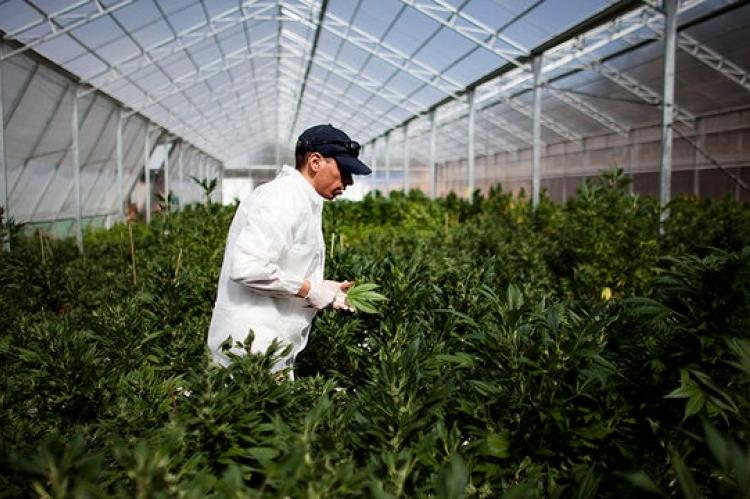House panel set to examine federal marijuana policies
A House panel on Wednesday is set to examine some of the barriers to marijuana research amid a growing disconnect between federal and state policies.
“There is a chasm between the federal laws and what over 30 states are doing,” Rep. Anna Eshoo (D-Calif.) told The Hill in an interview Tuesday.
Eshoo, the chairwoman of the House Energy and Commerce health subcommittee, said she wants to hear officials at the Food and Drug Administration and the Drug Enforcement Agency explain why the federal government is potentially blocking research into the effects of marijuana.
“It's very important if you're going to be using cannabis for medicinal purposes, you need to have the data, the outcomes and all of that, so that needs to be examined,” Eshoo said.
Marijuana is a Schedule I drug, meaning it is in the same category as drugs like heroin and LSD. According to the federal government, it has a high potential for abuse and no accepted medical value.
The hearing is expected to explore the barriers to cannabis research, federal efforts to review and approve cannabidiol (CBD) products, as well as several pieces of cannabis-related legislation.
Ahead of the hearing, a host of cannabis industry groups sent a letter to the committee expressing support for legislation to deschedule marijuana to make it easier to research.
While some lawmakers have expressed interest in rescheduling marijuana, the groups said all restrictions need to be removed.
“While rescheduling on its own may provide some benefit in terms of facilitating research, it could complicate the federal-state relationship with respect to cannabis,” the groups wrote.
Advocates are eyeing the Marijuana Opportunity, Reinvestment, and Expungement (MORE) Act, which is set to be examined Wednesday. The bill would deschedule marijuana, and it would expunge criminal records of those with marijuana-related convictions.
The industry groups also called for federal regulatory oversight.
“We support robust federal regulatory guidance and oversight that informs the development of additional safety protocols and produces greater regulatory consistency of product marketing, safety and oversight across state and national borders,” they wrote.
While 33 states have legalized marijuana for medicinal purposes, federal research is extremely restricted. In September, the administration said it would expand the number of marijuana growers, potentially signaling a positive change after years of agency inaction and delay.
But advocates are skeptical that the government will make changes, even though reforms are long overdue.
A facility at the University of Mississippi has been the sole grower of federally approved marijuana since 1968.
Researchers and lawmakers from both parties have said the single source is too limiting, but experts said officials across multiple administrations have not provided an adequate reason why marijuana research is so restricted.
Eshoo said she hoped officials will provide answers.
- Log in to post comments

